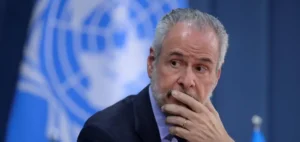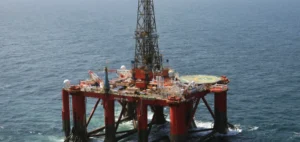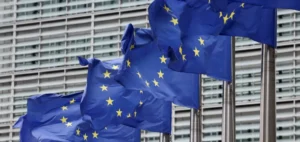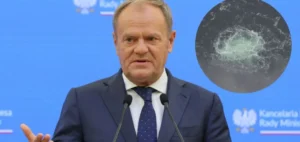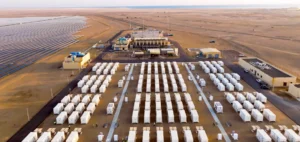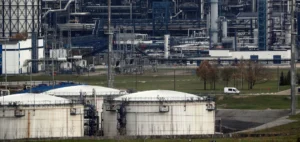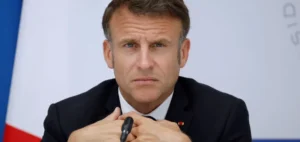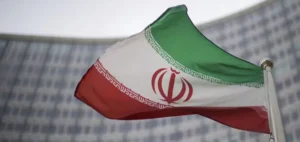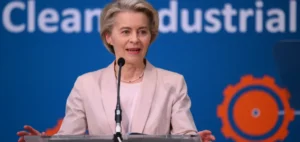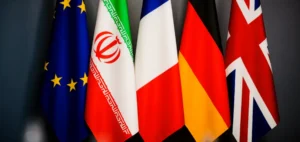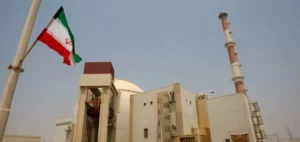The German Federal Prosecutor’s Office announced that it searched a ship in January as part of the investigation into the sabotage of the Nord Stream gas pipelines in September 2022. According to the statement, the ship was used to transport explosive devices that would have been used to blow up the Nord Stream 1 and 2 gas pipelines in the Baltic Sea. The perpetrators of the sabotage and their motives are under investigation. The suspicion does not lie with the employees of the German company that rented the ship.
A boat from Rostock with a team of six people on board
According to media outlets such as the weekly Die Zeit, as well as the public channels ARD and SWR, the investigation has identified a ship that left Rostock, a port in northern Germany, in September with a team of six people on board carrying the explosives intended to blow up the gas pipeline. The boat would have been rented by a company based in Poland “apparently owned by two Ukrainians”, according to the same sources. Fake passports were used for the rental.
Tracks lead to Ukraine, but investigators have not yet been able to determine who commissioned the operation
Even if leads point to Ukraine, investigators have not yet been able to determine who commissioned the operation, the weekly Die Zeit points out. A “pro-Ukrainian group” would be behind the sabotage, according to the New York Times, but without the involvement of Ukrainian President Volodymyr Zelensky. The Ukrainian Defense Minister said that Ukraine was not involved in this spectacular sabotage that has permanently cut the flow of Russian gas to Europe.
Nord Stream gas pipelines, at the heart of geopolitical tensions
Since Moscow’s invasion of Ukraine in February 2022, the two Nord Stream pipelines have been at the center of geopolitical tensions. Moscow has decided to cut off gas supplies to Europe in alleged retaliation for Western sanctions. The sabotage of gas pipelines has further complicated the situation, increasing Europe’s dependence on Moscow for energy and heightening fears about the security of gas supplies. The investigation into the sabotage continues and is causing concern in the energy industry and in international politics.









